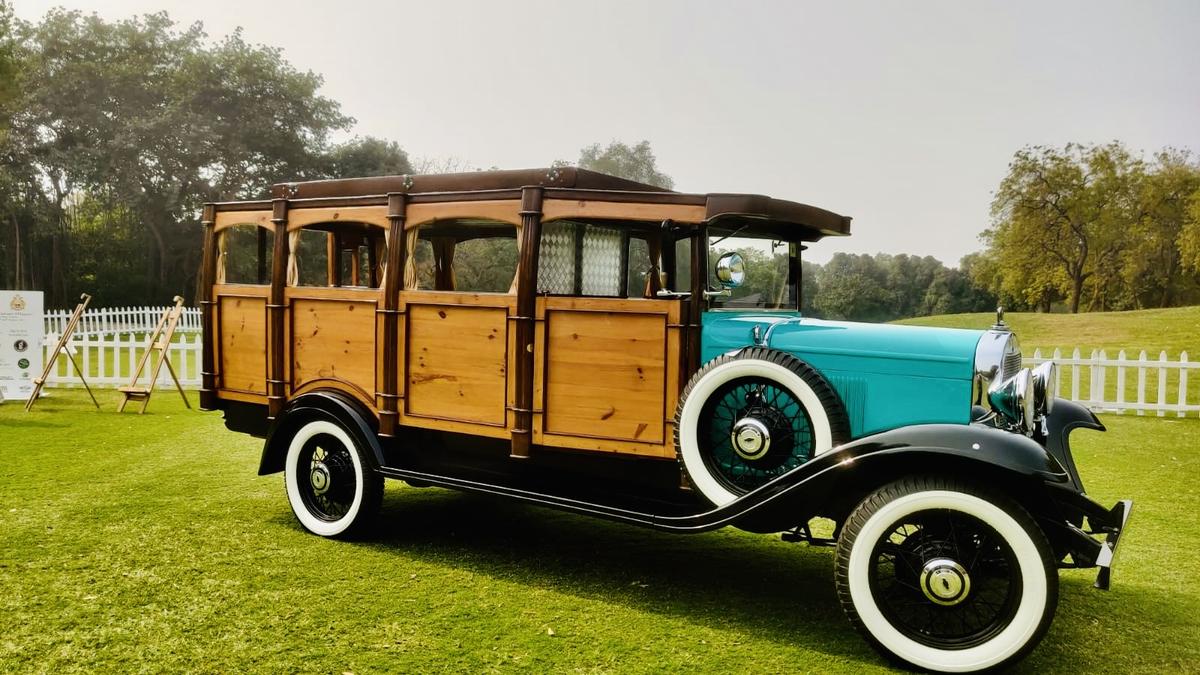Trading Verdi’s Italy for Little Italy, and a lusty renaissance duke for a 20th-century mob-boss, was an inspired decision in 1982 – sandwiched somewhere between the release of Coppola’s The Godfather Parts II and III. Nearly half a century on and Jonathan Miller’s Mafia Rigoletto is still doing the business at English National Opera : a classy crowd-pleaser with plenty of ammo still in the clip. But that doesn’t mean it always hits its mark.
There’s a tendency to leave this indestructible show (a production briefly replaced in 2014 by Christopher Alden’s 19th-century gentlemen’s club staging, before roaring back to life) to run on autopilot. The handsome mid-century interiors and 1950s styling carry it a long way, as does the clever concept, but it needs some directorial love and theatrical life to bring it home – and it fails to get either from revival director Elaine Tyler-Hall. It’s all in the details – or the lack of them.
Tailoring for the men’s chorus makes the opening scene more accountants’ office-party in the West End c. 2020 than 1950s mob cocktails; crowds move awkwardly when they move at all; two lovers embrace with the passion of a dentist examining a filling; father and daughter seem never to have met. While conductor Richard Farnes is impatiently revving the musical engine in the orchestra pit, the stage remains consistently inert.
Casting is a mixed bag. There’s plenty to enjoy from American baritone Weston Hurt’s Rigoletto – u.


















